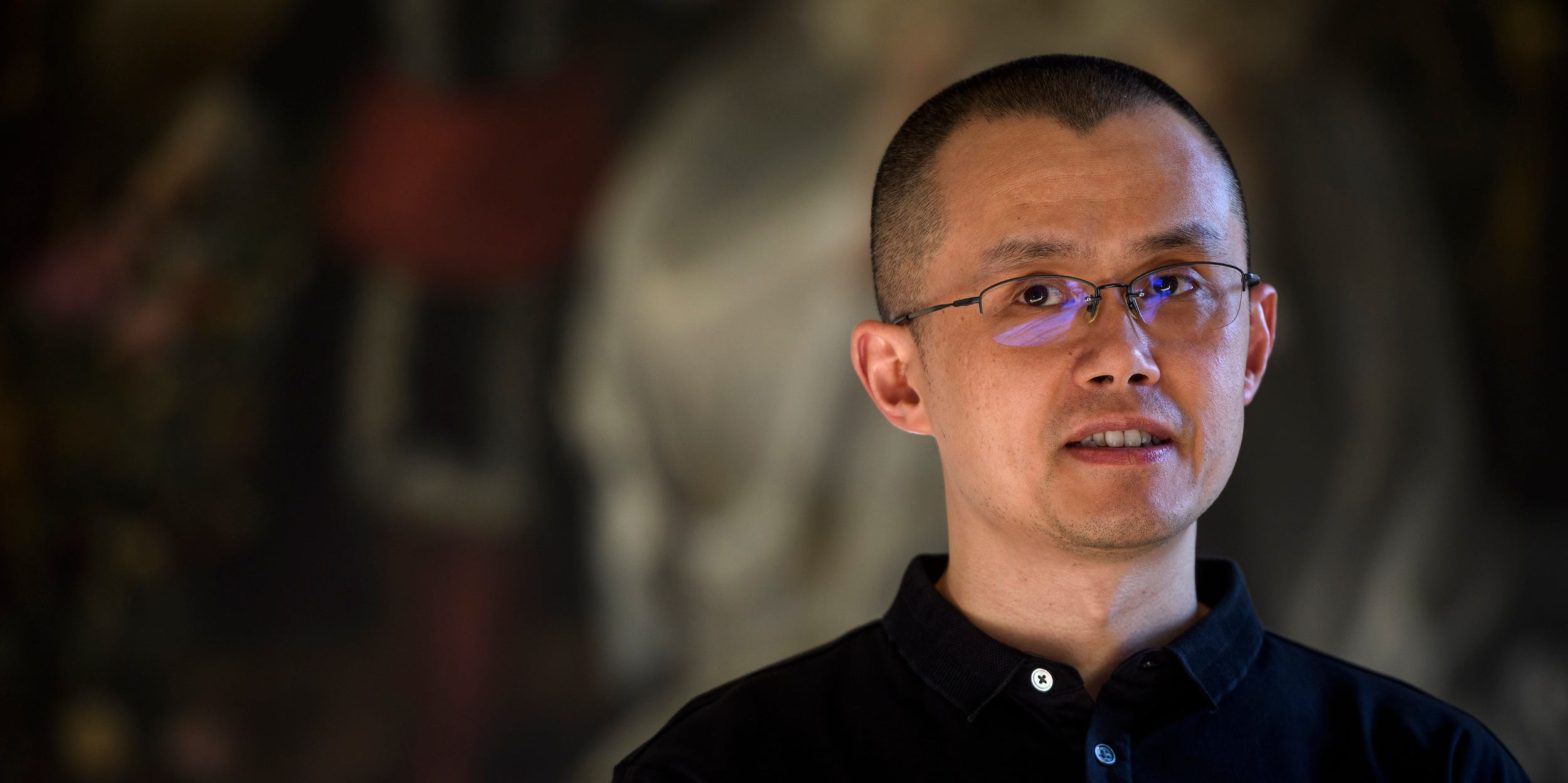Binance is enlisting accounting firm Mazars to verify its cryptocurrency reserves. Mazars’ US unit previously worked for former President Donald Trump and his company. Earlier this year, Mazars USA said it no longer stands by 10 years of financial statements for Trump. Loading Something is loading.
Thanks for signing up!
Access your favorite topics in a personalized feed while you’re on the go.
Binance is enlisting the services of accounting firm Mazars, which previously worked for former President Donald Trump, according to the Wall Street Journal.
Mazars will verify Binance’s crypto reserves, the report said, as part of the exchange’s larger proof-of-reserves system to foster more transparency. Both Binance and Mazars did not immediately respond to Insider’s request for comment.
Binance confirmed the news to Bloomberg, saying “it is working with Mazars to conduct a third party financial verification as part of the Proof of Reserves updates.”
“Mazars is reviewing all information that we have shared publicly to date on Proof of Reserves (BTC) and will also be verifying future updates and tokens,” Binance told Bloomberg. “The first verification update for BTC will be completed this week.”
As part of a disclosure related to the New York attorney general’s investigation into Trump, Mazars’ US unit withdrew earlier this year from working with former President Trump’s company and said it could not stand by financial statements it prepared for Trump between 2011 to 2020, citing filings from the New York AG, its own investigation, and other information it received.
“We write to advise that the Statements of Financial Condition for Donald J. Trump for the years ending June 30, 2011—June 30, 2020 should no longer be relied upon and you should inform any recipients thereof who are currently relying upon one or more of those documents that those documents should not be relied upon,” Mazars said in a February 9 letter to the Trump Organization’s chief legal officer.
Meanwhile, crypto firms and exchanges are facing new waves of scrutiny in response to the collapse of FTX, which began as a liquidity crisis when Binance CEO Changpeng Zhao saying he would sell FTX’s native token FTT.
Firms and exchanges often employ outside auditors to verify reserves, although the process only provides a snapshot of a specific point in time of a company’s financial health that doesn’t always include a comprehensive balance sheet or full list of liabilities.
Still, Binance has touted its efforts on transparency and released on November 25 its first snapshot of its reserves, which showed holdings of mostly bitcoin. The company said it planned to disclose other tokens in the weeks that follow.
